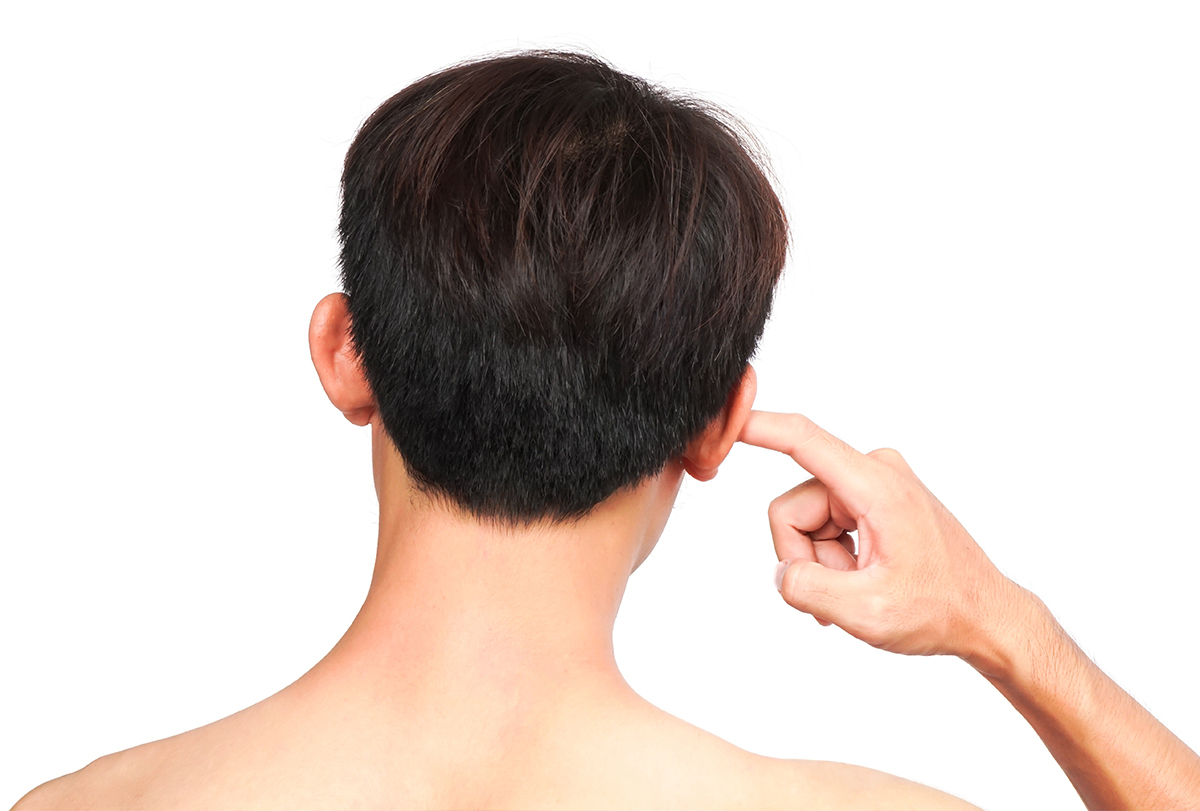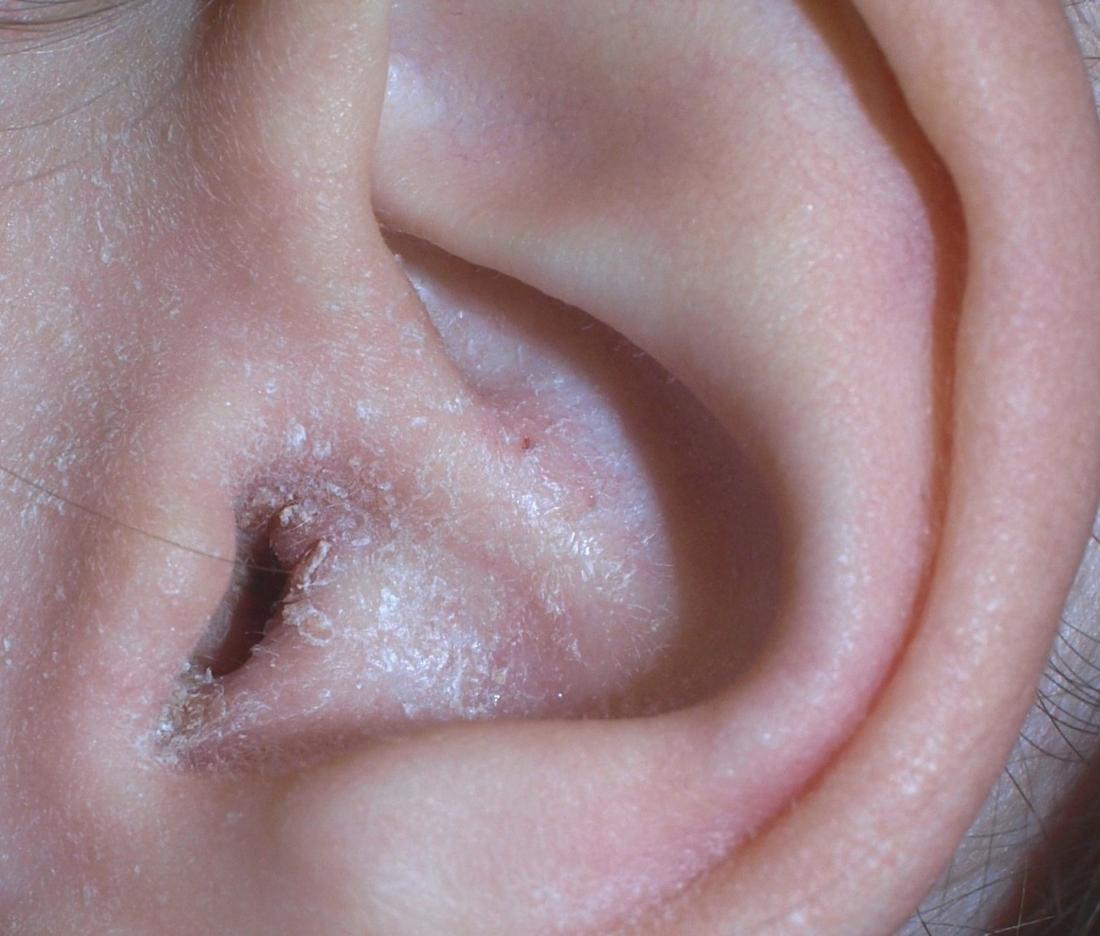

- THAT INNER EAR ITCH SKIN
- THAT INNER EAR ITCH FREE
The domes for open fitting are made from medical grade silicone allergic reaction is less likely than for a custom earmold. These could include such issues as poor fit or allergic reaction to otoplastic materials. In many cases, users become accustomed to it and the itching sensation will pass, but there are instances that can be due to other factors and need our attention. Madsen, Larsen and Flink (1991) showed 39% of earmold users experienced itching as a side effect. So no wonder itching or irritation is a common complaint from the hearing aid user who comes in for a follow up visit.
THAT INNER EAR ITCH SKIN
The ear canal has very delicate skin even a hair may cause itching in the ear.

Order your dry ears spray now.Question What can you do when the patient says the hearing instrument is making their ears itch? Answer
THAT INNER EAR ITCH FREE
You can use their products with confidence, knowing they are free of harsh chemicals. A certified ENT physician developed this unique formula. This dry ears spray uses natural products to soothe and cleanse the inner ear safely. Get Relief with the ENT Senses Dry Ears SprayĮNT Senses products provide the natural solution you need for itchy ear canal relief. An ointment with products like lanolin or petrolatum will be most effective at holding in moisture and preventing dryness.
Evenings: Apply a rich moisturizing cream around the ears before bed at night. This minimizes itchiness and nixes the immediate urge to scratch – which will cause further irritation. Apply a small drop as needed, rubbing it in gently. Midday: Have a mild over-the-counter hydrocortisone cream on hand in case of midday irritation or inflammation. Then, apply a sunblock with at least SPF 50 around your ears to avoid sun-induced damage, dryness, and peeling. Mornings: Wash your face, including the area around the ears with a mild facewash. Products designed for oily hair will dry out your scalp, including the area around the ears. First, switch to a mild shampoo and conditioner made for normal to dry hair. When it comes to the exterior of the ear, revamping your daily hygiene routine can help. How Can You Eliminate Itchiness Around the Ear’s Exterior? The harsh chemicals these contain will strip the inner ear of much-needed moisture, exacerbating dryness, and itchiness in the long term. Prioritize organic products and steer clear of heavy-grade pharmaceutical drops or sprays. Look for moisturizing ingredients, like coconut oil, vitamin E, and jojoba oil. It will help ear wax siphon out of the ear while alleviating itchiness and avoiding dryness. Keeping the interior of the ear clean yet adequately moisturized will help prevent interior itching. Dryness can also occur because of exposure to wind, sunlight, or personal hygiene products like face washes and shampoos. The different causes described above all share one thing: They cause dryness. Only clean away buildup you can visibly see in the outer canal. Don't try to clean out wax from the inner canal (for example, using Q-tips). If you are too vigilant about removing it, itchiness may result. Over-cleaning: Ear wax also helps to keep ears lubricated. 
You can clean wax out of the ear with a tissue or cloth. If wax builds up, it can cause irritation.
Wax buildup: Your ears produce wax to clean out debris, dust, pollen, and other particles. In these cases, you need a doctor's formal diagnosis to determine the best course of treatment. Chronic skin conditions: Psoriasis or eczema cause dryness and itchiness of the skin, including around the ears. A doctor can prescribe antifungal drops or antibiotics if needed. Clean headphones regularly and don't put foreign objects in your ear to minimize risk. Infection: Infections occur when microorganisms like bacteria enter the ear canal, for example, via dirty earbuds. If not, see an ENT (ear, nose, and throat) doctor. If you've changed your shampoo or face wash recently, stop using it temporarily to see if the problem ceases. Allergies: A reaction to a soap or shampoo may cause redness, irritation, and itching in and around the ears. There are several possible reasons for itchy ears. The below FAQ explores possible causes and gives you easy-to-implement solutions for dry, itchy ears. Pinpointing the cause of your itchy ears is the first step in finding a solution. Dry, itchy ears are incredibly frustrating, making it difficult to concentrate on work and school assignments. There's nothing worse than an itch you can't scratch. Frequently Asked Questions About Dry and Itchy Ears







 0 kommentar(er)
0 kommentar(er)
